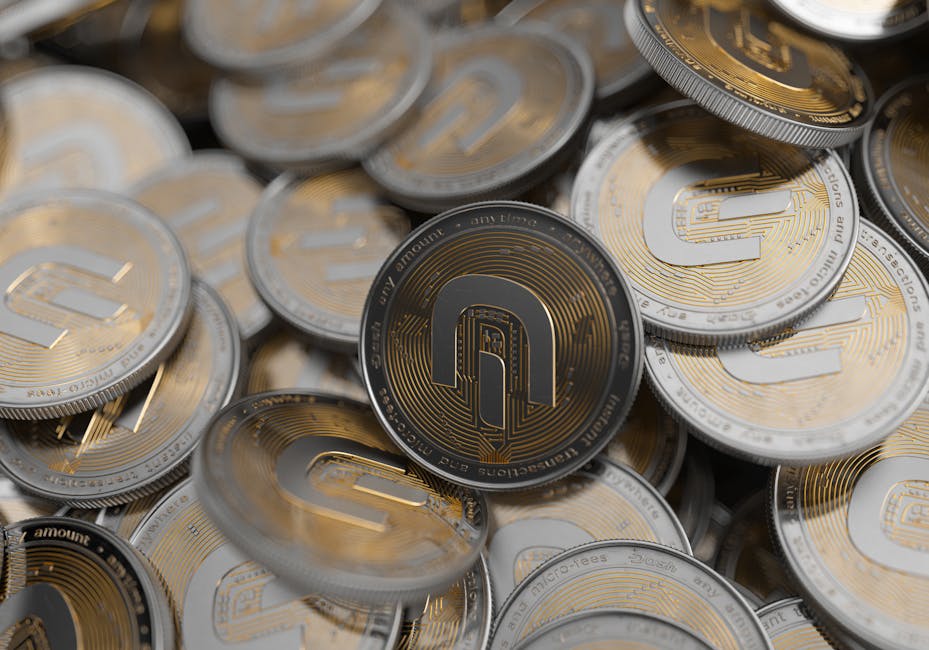Why Bitcoin Is Called Digital Gold: Unveiling the Allure
libertymutual, car insurance, insurance, travel insurance, farmer insurance, medi care, medicaid, life insurance, car insurance quotes, renters insuranceWhy Bitcoin Is Called Digital Gold: Unveiling the Allure
Step into the dazzling world of cryptocurrency, where Bitcoin reigns supreme! Have you ever wondered why Bitcoin is so frequently dubbed "digital gold"? It's more than just a catchy phrase; it reflects the deep-seated similarities between the world's oldest asset and the world's newest form of digital currency. Get ready to uncover the glittering reasons behind this comparison and discover why Bitcoin has captured the imaginations (and wallets!) of investors worldwide.
Scarcity: A Cornerstone of Value

Photo by Pixabay on Pexels
One of the primary reasons Bitcoin earns the "digital gold" moniker is its inherent scarcity. Just like gold, which is a finite resource extracted from the earth, Bitcoin has a hard-coded supply limit of 21 million coins. This predetermined scarcity is a critical factor in driving its value. Think about it: the fewer there are of something, the more valuable it becomes. Gold's limited supply has made it a store of value for millennia, and Bitcoin is following the same path, but in the digital realm.
- Gold: Mined resource with limited reserves.
- Bitcoin: Capped at 21 million coins; no more can be created after that limit is reached.
- Fiat Currencies: Governments can print more, potentially devaluing existing holdings.
A Hedge Against Inflation: Protecting Your Wealth
In times of economic uncertainty, when inflation threatens to erode the value of traditional currencies, investors often flock to safe-haven assets. Gold has historically served as a reliable inflation hedge, and Bitcoin is increasingly being viewed in the same light. As central banks print more money, devaluing fiat currencies, Bitcoin's fixed supply makes it an attractive alternative for preserving wealth. Its value isn't controlled by governments or central banks, offering a level of independence appealing to many.
Case Study: In 2020-2022, during periods of heightened inflation and quantitative easing by central banks, Bitcoin's price saw significant growth, illustrating its potential as an inflation hedge for some investors. While not a perfect correlation, the trend suggests a growing acceptance of Bitcoin as a store of value during economic turmoil.
Decentralization: Freedom from Control
Another compelling argument for Bitcoin as "digital gold" is its decentralized nature. Unlike traditional financial systems controlled by governments and banks, Bitcoin operates on a peer-to-peer network, making it resistant to censorship and manipulation. No single entity can control or shut down the Bitcoin network. This decentralization provides a level of financial freedom and autonomy that traditional assets simply cannot offer. Gold, while tangible, can still be subject to government regulations and seizures. Bitcoin's digital nature and decentralized structure offer a different level of protection.
Divisibility and Portability: The Advantages of Digital
While gold is valuable, it can be difficult to divide and transport, especially in large quantities. Bitcoin, on the other hand, is highly divisible and easily portable. You can send fractions of a Bitcoin across the globe almost instantly and at relatively low cost. This divisibility and portability make it a much more practical store of value in the digital age than physical gold bars tucked away in a vault.
- Divisibility: Bitcoin can be divided into Satoshis (0.00000001 BTC).
- Portability: Easily transferred across borders via the internet.
- Accessibility: Requires only a digital wallet and internet access.
Growing Institutional Adoption: Legitimacy and Validation
The increasing adoption of Bitcoin by institutional investors further solidifies its claim as "digital gold." Companies like Tesla and MicroStrategy have added Bitcoin to their balance sheets, signaling a growing belief in its long-term value. Traditional financial institutions are also beginning to offer Bitcoin-related products and services, bringing more legitimacy and validation to the cryptocurrency. This institutional interest helps to drive demand and further establishes Bitcoin as a serious contender in the world of finance.
Example: MicroStrategy's investment in Bitcoin serves as a notable case. Despite market volatility, the company continues to advocate for Bitcoin as a primary treasury reserve asset, influencing other corporations to consider similar strategies.
Conclusion: A New Era of Value

Photo by Dash Cryptocurrency on Pexels
While Bitcoin and gold have their differences, the similarities are undeniable. Bitcoin's scarcity, potential as an inflation hedge, decentralized nature, divisibility, portability, and growing institutional adoption all contribute to its reputation as "digital gold." As the world becomes increasingly digital, Bitcoin is poised to play an increasingly important role as a store of value and a hedge against economic uncertainty. So, whether you're a seasoned investor or just starting to explore the world of cryptocurrency, understanding why Bitcoin is called "digital gold" is essential for navigating this exciting and rapidly evolving landscape. Embrace the digital revolution and consider the potential of this groundbreaking asset!